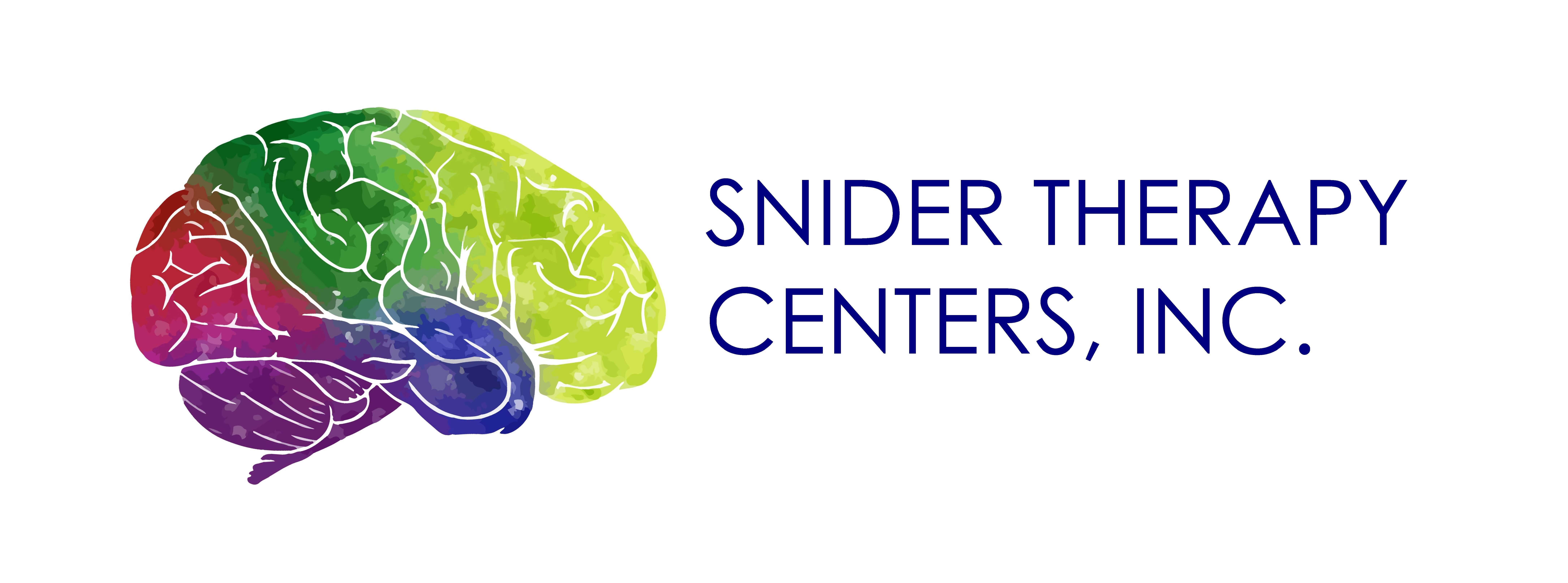For individuals who sustained a mild concussion this year, one in three will become part of the silent epidemic of the brain-injured. And here at the end of football season, many young players have just joined this epidemic.
A concussion is defined as a trauma to the brain which alters mental (physical or cognitive abilities) status. It may or may not involve a loss of consciousness. Many athletes experience “seeing stars” or “having their bell rung” during play and never realize that they just sustained a concussion.
Concussions disrupt the normal functioning of the brain. Common visual symptoms associated with concussions include reduced reading skills, headaches, double vision, fatigue, sensitivity to light, and sensitivity to motion. These are just part of a constellation of problems termed Post Trauma Vision Syndrome (PTVS).
Binocular vision problems may develop which cause the print to appear to move and may contribute to frequent loss of place. Tracking dysfunctions may develop and also contribute to reading errors and fatigue. Young head injury patients may experience decreased focusing ability. Since doctors don’t expect this to occur until about age 40, it is often missed during a routine exam.
Since the effect of head injury tends to develop with time, many parents or caregivers do not relate the head injury with the later development of reading problems, emotional disorders, and even attention problems.
Symptoms associated with PTVS may be significantly improved with the use of Neuro-Optometric Rehabilitation, a new branch of vision therapy for individuals with a brain injury.
